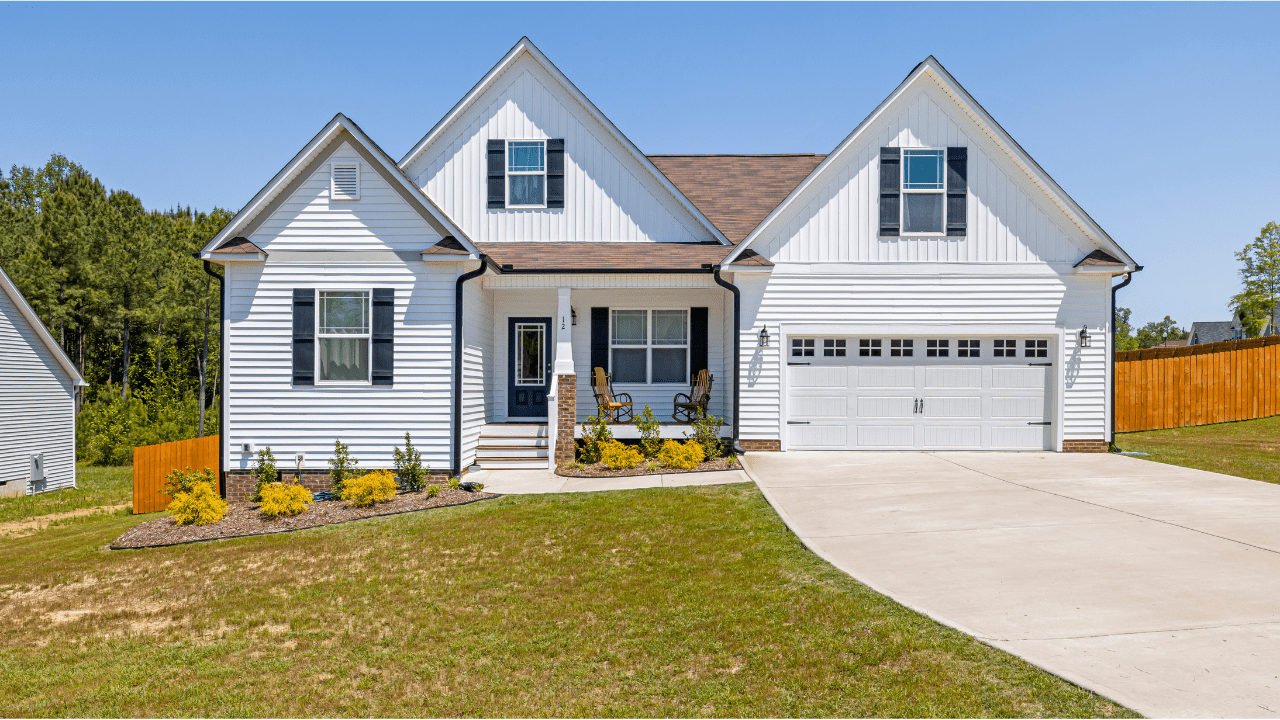Real estate probate is the process of administering a real estate to legal beneficiaries, after the death of its owner (decedent). In this process, the decedent’s assets and liabilities are administered to legal heirs or beneficiaries by a probation court. As per rules of real estate probate in Virginia, the distribution of a real estate is based on a will or hereditary succession if there is no will. The probate process is administered by the court and the executor or personal representative.
What does the executor or personal representative do?
The executor is the person mentioned in the will to take care of the probate proceedings. In the lack of a will, the court appoints a personal representative.
They deal with making a list of assets, creditors, paying off debts of the decedent, and ensuring fair distribution of assets, while working under the court’s supervision. The court may grant compensation to the executor or personal representative.
Who can apply for real estate probate and when?
Legal beneficiaries in the probate include the legal heir mentioned in the will (if any), hereditary successions, and creditors. Any beneficiary can apply for initiating the probate process.
However, probate is not always required. It is also wise to request independent probate in simple cases, wherein the court is less involved and the process is usually faster.
How much time does a probate process take?
The entire probate process could take from six months to several years. A complex case can take significant time and money. Hence, it is suggested to take legal guidance to ensure that all steps are done timely and correctly.
The process of probate of real estate in Virginia-
The probate process can become prolonged and also lead to conflicts if done wrong. Hence, it is important to understand the process and also get guidance from legal experts. A probate attorney, tax attorney, or organization with legal expertise, may be consulted to simplify the process for you. Here is the process of real estate probate in Virginia-
Filing for probate
Probate application is filed in the probate division of the circuit court of the county where the decedent resided.
Posting
The county clerk posts the probate application at the courthouse. Following this, there is a waiting period of around two weeks, during which the application can be contested.
Validation of the will
The hearing will begin if there are no contests. The judge will ensure that the decedent is not alive and then verify the authenticity of the will if any.
Appointing the executor or personal representative
The judge would assign an executor mentioned in the will to take care of all related proceedings. The court appoints a personal representative if there is no will.
Cataloging of assets
As per the rules of real estate probate in Virginia, the executor or personal representative must create an inventory of the assets of the deceased owner within four months of appointment. The list of appraisers and claims is also submitted.
Identification of estate beneficiaries
The executor/ personal representative or court identifies the estate beneficiaries. Other parties may also file for being a beneficiary using a legal attorney. Identified heirs must sign the application and give written/oral testimonies along with proof of the details they provide.
Notifying creditors and resolving debts
The debts may include mortgages, medical expenses, and taxes. These are resolved by the legal heirs and settled out of the decedent’s real estate. Consulting a tax attorney is strongly suggested for this step.
The executor or personal representative is legally bound to notify all such creditors about the probate. It allows the creditors to file for benefits in the settlement.
Dispute resolution
If any involved party files a grievance, the final settlements can not be made. The rules have the provisions for filing grievances up to two years from the original probate. Disputes may be resolved out of court, which is often the preferred manner of resolution.
Asset distribution
Assets such as real estate are distributed to beneficiaries after all steps are complete and there are no remaining disputes.
Conclusion
In conclusion, the process of real estate probate in Virginia is tedious and requires legal expertise to protect the legal rights of the beneficiary while avoiding unnecessary conflict. So, remember to seek legal guidance before applying in a probate court.




